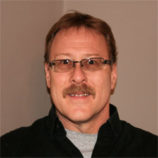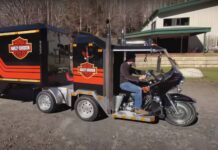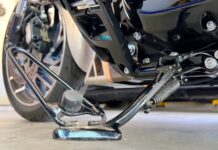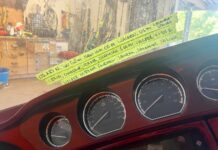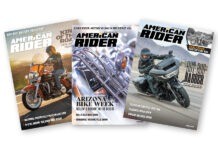
When I was less than one year old, astronaut John Glenn became the first American to orbit the Earth. He was a true American hero. Our country was in a tight race against the Soviets to reach the moon, presumably to gain the ultimate strategic high ground of the Cold War. We won, and along with the bragging rights that went with winning the race to the moon, we were also promised regularly that the technology that got us there would eventually change our daily lives for the better. I often wondered how.
Decades passed and after the introduction of the light-emitting diode calculator and subsequently the digital LCD calculator wristwatch, it was beginning to look like the technological windfall we’d been promised because of the space program had become a catastrophic failure.
You might argue that fuel injection and ABS brakes would not have been possible today had it not been for the space program, and you’d probably be right. But I had been looking for a more identifiable, George Jetsonesque changes in my life from the space program (think “jetpack”) and I’d almost given up on them. Until this summer.
My travels led me to the Pennsylvania Turnpike. The Mother Road of Mother Roads, the PA ’Pike was the first long-distance limited-access highway in the United States when it opened in 1940. It was also an unlikely place for the often-heralded benefits of the space program to shine. Mother nature was calling and my tank needed filling so I pulled into one the turnpike’s service areas. Per their website, there are 17 such service plazas on the turnpike, all sparkling clean, open 24 hours and filled with modern fast food and drink. Some even have charging stations for today’s electric traveler. But this service plaza was magical. I wish I had paid more attention to its exact location because what happened next was no doubt the big space race windfall I’d been waiting for.
As the astronauts were racing to the moon, less celestial inventors applied themselves to a simpler, but no less noble, cause: a good hand towel for public restrooms. They say cleanliness is next to godliness. Safe to say then that rolling cloth towel dispensers in gas station restrooms of the 60’s and 70’s were hygiene’s own Hades. Yuk. There must have been a half dozen improvements in paper towel dispensaries after those, including one dispenser with a crude hand crank like a Model A Ford had, followed by one with a plastic knob, followed by a single-sheet dispenser. When all else failed, there was a loose stack of 100-grit paper towels stacked on the back of the toilet tank or a free-standing roll of brown paper towels soaking near the sink.
I was quick to embrace the electric hot-air hand dryers that came along after the cloth towel Roll-o-matics (not its real name) dispenser’s demise. The original electric hand dryers had a big chrome start button the size of a gas cap. You punched it and the dryer kicked on just like it was supposed to. Not dry yet? Hit it again. One more time. But ever since that giant leap in roadside sanitation, things have been kind of uncertain. The berms of history are littered with failed developments in lavatory innovation. The no-touch flush, hands-free soap dispensers that didn’t dispense, or worse, dispensed on your arm instead of your hand, faucets that absolutely refuse to turn on, usually only after your rogue soap dispenser has unexpectedly lathered you up. And today we have the next-generation Dyson hand dryer that looks suspiciously like Star Wars no-touch handcuffs. I digress.
I am pleased to announce that to my surprise and delight I had an entirely successful no-touch wash-up in a restroom along the Pennsylvania Turnpike last summer! It was the most convenient public convenience since they stopped charging a dime to use the stall. To me, that is noteworthy progress.
My expectations will be high moving forward. No more “Chicken Dance” to hit the sweet spot on the faucet or worse, moving from faucet to faucet, searching for one that works. No more dripping wet hands because my jazz hands won’t work their magic on the paper towel dispenser. No more wet shirttails upon exiting the men’s room because I had no other choice, made worse by the fact that the system obviously worked as designed for the guy in front of me. I must be too tall. Or too short. Or too skinny. Or too fat.
I have clean dry hands and haven’t touched anything but my other hand in the process and I’m certain I have the space program of my youth to thank for it. It really was a different world then. The astronauts did it all for us so that, one day, we would barely even need to wash our own hands.
Godspeed, John Glenn.


